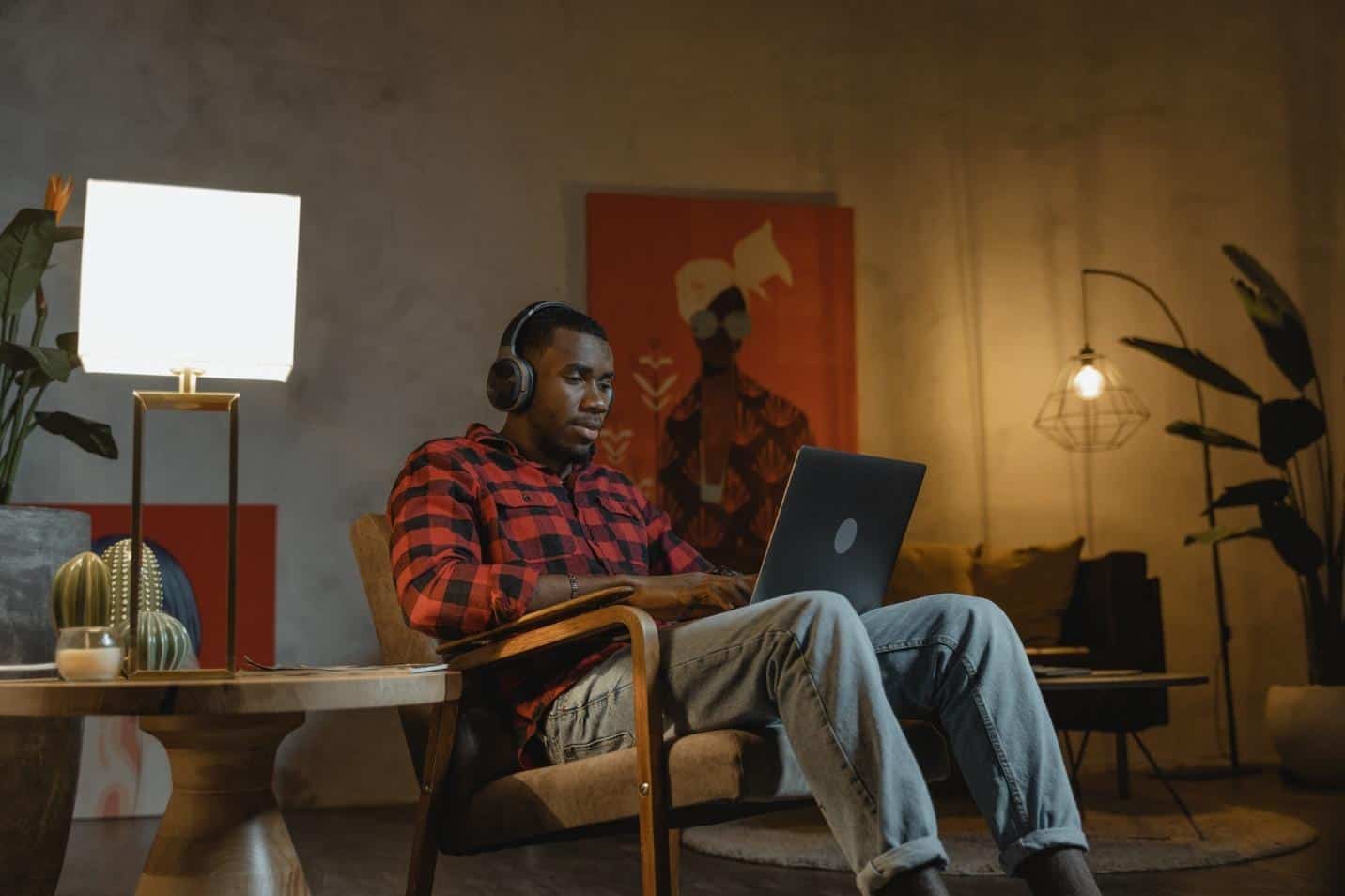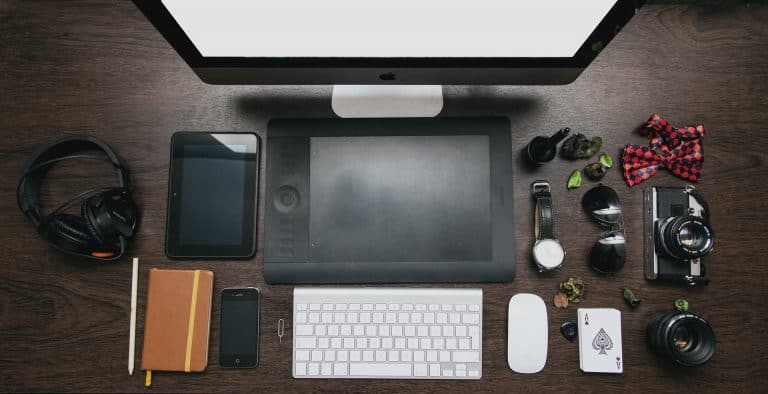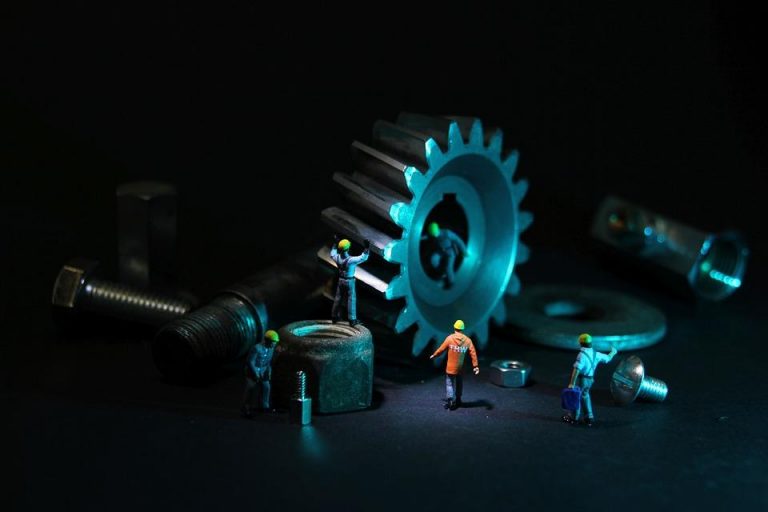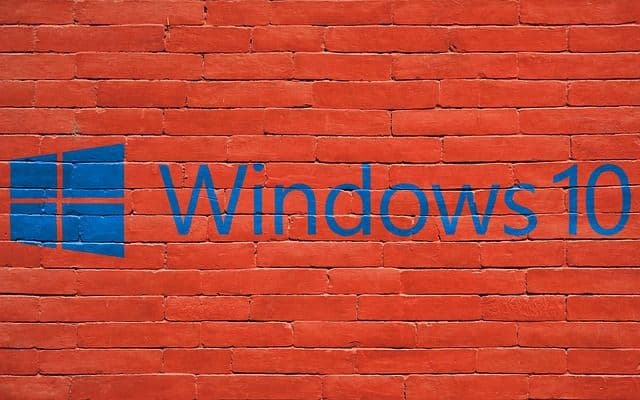How to Tell if a VPN Won’t Offer the Best Protection or Performance

Getting a Virtual Private Network (VPN) service seems almost necessary nowadays, with governments, hackers, cybercriminals, and trolls spying on your online activity. VPNs are also handy when streaming platforms like Netflix, YouTube, Hulu, BBC, and others block access by geographical location. But there are many VPNs to choose from, and unfortunately, many of them don’t offer good performance or protection.
How does a VPN work?
Using a VPN isn’t difficult. Just pick a good VPN service, download the client, and use the VPN client to connect to the VPN server. Your data passes from a VPN client to the VPN server through an encrypted tunnel. In a nutshell, the tunnel converts your data into a code that unauthorized parties can’t read. Moreover, the VPN server masks your IP address with a virtual one.
As you probably know, your ISP assigns an IP address to every device that connects to the Internet. Websites, fellow gamers, file-sharers, and other types of Internet users can see your IP address quite easily. With your IP address, a bad actor can recognize your general location, run scams, or pin you for cybercrimes in extreme cases. So, if you’re wondering what is VPN protection in simple terms: this is when a VPN hides your location and encodes your data.
3 Signs a VPN Won’t Offer Top Performance and Protection
#1 It’s Free
Providing a VPN service isn’t cheap. Not only does the VPN service have to keep up with technology and maintenance, but it must have enough capacity for its clients. Free VPNs usually don’t have the budget to offer the newest VPN protocol and can suffer from security issues.
Free VPNs also get overloaded with traffic and can slow down to a crawl. To generate revenue, some free VPNs collect your data to sell to marketers or even cybercriminals. Either that, or they may deliberately slow down your connection to force you to buy upgrades, sell your bandwidth, or bombard you with advertisements.
Unfortunately, even some paid VPN services can be suspicious. For example, digital rights activist Edward Snowden warned his Twitter followers to avoid a popular VPN caught in a spying scandal.
#2 It Lacks Servers
A VPN service that only offers a handful of servers globally is likely to get choked during peak hours. Always check to see how many servers a VPN has before subscribing. A good VPN should have at least 25 servers across the world.
#3 It Doesn’t Offer a Trial
Avoid VPNs that don’t offer a trial service. You need to try several VPNs before you can decide what works for you. Once you start the trial period, you can check its performance in several ways.
- IP Address Check: Search for your IP address on a search engine and note it down. Now, connect to a VPN server and recheck your IP address. The VPN is masking your location if connecting to a VPN server changes your IP address.
- Speed Check: While a VPN uses sophisticated technology to offer you security and privacy, the technology can slow down your Internet connection. Your goal is to find a VPN that doesn’t affect your Internet too much. Run a speed test before and after connecting to a VPN server to see if it’s a top VPN.
- Geo-block Check: A VPN can help you bypass geo-blocks on streaming services like Netflix. If you’re outside the United States, connect to an American VPN server and see if you can access Netflix USA.
Don’t settle for less. A VPN that fails to hide your location, offers poor speeds, or can’t bypass geo-blocks is probably not worth your time.



